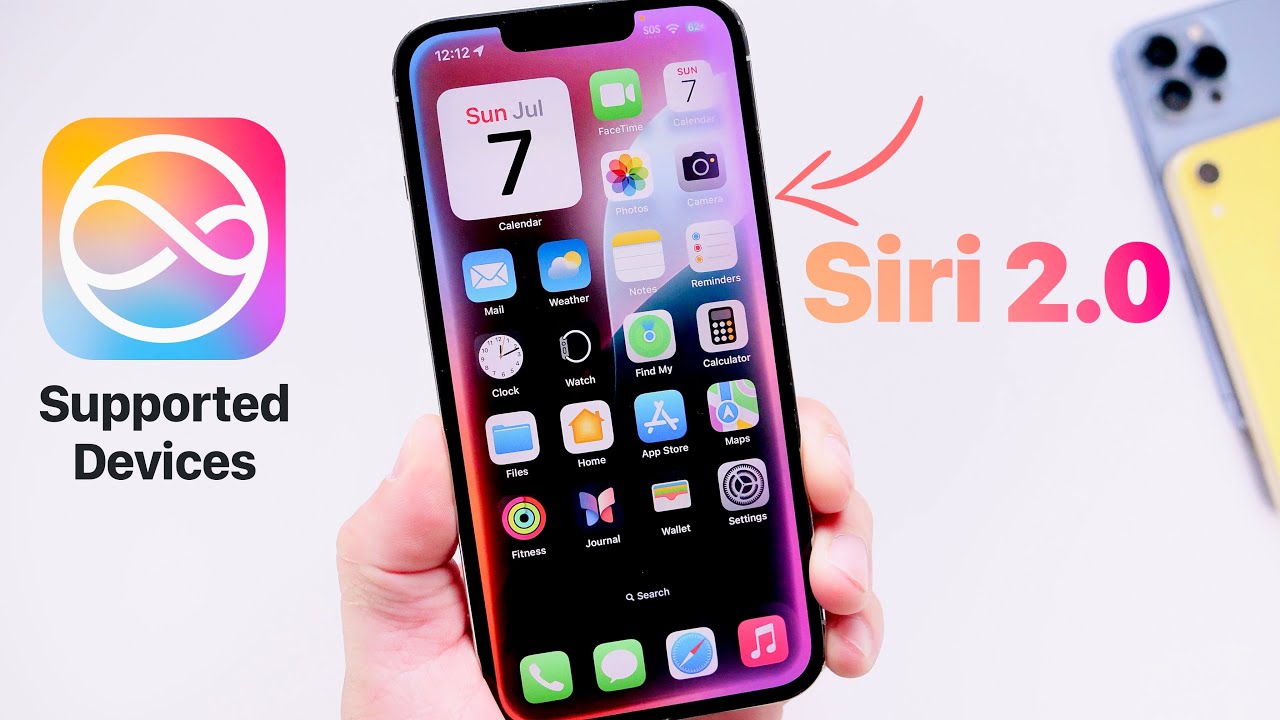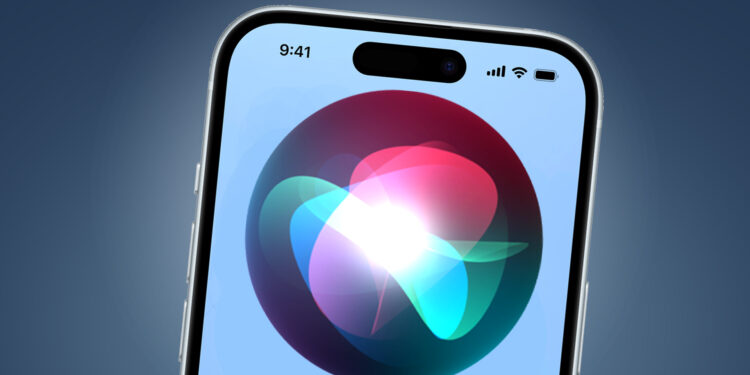Last month’s release of iOS 18.1 unveiled a visually revamped Siri, sporting a glowing, AI-inspired facade—a stark contrast to its previous iterations. However, beneath this sleek exterior, the updates to Siri’s functionality were surprisingly minimal. Despite Apple’s claim of ushering in “a new era” for Siri, the reality presents a tangled weave of expectations versus actual capabilities.
The update introduced new knowledge specific to Apple products and improved how Siri handles speech mishaps and maintains context between interactions. Notably, a new feature allows users to engage with Siri via typing by double-tapping the screen bottom—an addition that hints at potential but leaves much to be desired in terms of an overhaul.
Apple suggests these changes mark the beginning of a “new era,” yet the transition appears nascent and somewhat perplexing for users accustomed to more substantial updates.

Anticipated Features: The Promise of iOS 18.2 and Beyond
Looking forward, the excitement builds with the upcoming iOS 18.2, set to incorporate a significant enhancement: ChatGPT integration. This feature promises to delegate unsolvable queries to ChatGPT, potentially amplifying Siri’s utility manifold. Users eager for direct interaction with ChatGPT can initiate requests starting with, “Ask ChatGPT,” broadening the scope of Siri’s capabilities.
Further down the pipeline, iOS 18.4 is expected to enrich Siri’s responsiveness through personal context awareness and expand its functionality across both Apple’s ecosystem and third-party apps. Additionally, Siri will soon be able to understand the content displayed on your screen, enhancing its relevance and accuracy.
Mark Gurman’s recent scoop on the next big leap, dubbed ‘LLM Siri’, set to debut in iOS 19 and macOS 16, intensifies anticipation. This version, likely previewed at WWDC in June, aims for a 2026 release, suggesting a long-term vision for Siri’s evolution.

The Staggered Rollout: A Strategy Fraught with Challenges
Apple’s phased approach to enhancing Siri’s intelligence has not been without its critics. The gradual implementation of new features has led to a fragmented user experience, where the promise of a smarter Siri remains just that—a promise. This strategy risks diminishing user trust, a crucial component for any digital assistant’s success.
For those who have faced repeated disappointments in past interactions with Siri, the lure of new features may not be enough to rekindle their usage. The challenge for Apple lies not just in rolling out new features, but in convincingly integrating these enhancements into the daily lives of users, making Siri a reliable and indispensable tool.

Your Voice Matters
As Siri’s journey continues to unfold, its success will largely depend on user feedback and engagement. Have you experienced the latest updates to Siri? Do you feel these changes are moving in the right direction, or is Siri still falling short of your expectations? Share your thoughts and join the conversation about the future of Apple’s digital assistant.
Apple’s vision for Siri is undeniably ambitious, blending cutting-edge AI with a user-friendly interface. However, the road to achieving a seamless assistant is proving to be more complex than anticipated. As we venture further into this new era, only time will tell if Siri can truly meet the lofty expectations set by both Apple and its users.










